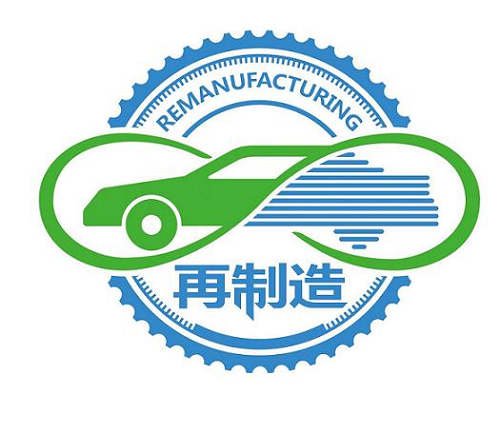Overview
The challenge: the demand for new machinery in China is high and every year a great deal of old machinery falls out of use. How can these facts be reconciled?
The solution: Guangzhou Huadu has partnered with retail franchise 4S to collect used vehicle parts, remanufacturing them into as-new certified spare parts
What makes it circular? Remanufacturing conserves the value of machine products and components, returning them to a high condition so they can be used again and again
The benefits: significant material and energy savings; high quality affordable parts for customers
Remanufacturing market in China
Mechanical equipment is essential for China’s economy. Machines of all types are spread out in every corner of the country, operating in factories, powering vehicles, running medical tests and flying airplanes.
However, complex machinery often has a limited lifespan and can be hard to repair and maintain. The result is that a high volume of technical machinery goes out of service each year, costing hundreds of billions of dollars and creating significant waste that needs to be managed.
According to one industry expert, across all sectors it has been estimated that if machinery is remanufactured rather than manufactured from virgin materials, components could be 50% cheaper to make, at the same time saving 70% in materials inputs and reducing emissions by 60%.
China has an enormous market potential for auto parts remanufacturing. The domestic automotive industry has been booming since 2000 and, in 2018, has a stock of 310 million cars. Assuming an average life span of ten years, it has been estimated that ten million cars will reach end-of-life annually by 2020. This opens up huge market potential for auto parts remanufacturing businesses such as Huadu Worldwide, that are capitalising on a market estimated at CNY120 billion (USD 18 billion) by 2025.
Guangzhou Huadu Worldwide Transmission
Huadu Worldwide Transmission is a remanufacturing company located in Guangzhou Huadu District. It was founded in 1998 and was one of the first 14 companies included in the National Development and Reform Commission’s remanufacturing pilot programme in 2008. The company provides services around transmission boxes (power/automotive/gearboxes), such as testing, maintenance, remanufacturing, tech support and training. Huadu Worldwide owns ten repair centres, three service centres and one factory that produces 35,000 remanufactured units per year.
The company has established effective channels for collection and distribution of used and remanufactured transmission boxes. It has been authorised by more than 30 major auto companies such as GM, JATCO and PSA to provide maintenance services through the 4S dealership system, a widespread ‘one-stop shop’ for sales, service, spare parts and surveys. Meanwhile, the company collects 60% of its total second hand transmission boxes through 4S stores, with the rest coming from repair shops, consumers and used auto parts dealerships.
To ensure product quality, Huadu’s technicians typically go through hundreds of hours of training. The remanufactured products are insured by Pingan, the biggest insurance company in China, which greatly enhances consumers’ trust.
Huadu is one of the few companies qualified to receive the 'Trade Old for Remanufactured' subsidy, a project led by NDRC and the State Council since 2013. The scheme is funded by the government and grants a 10% discount to consumers who trade in their old transmission boxes for a remanufactured one.
A positive enabling policy environment
The Chinese government has positioned the remanufacturing industry as one of the strategic emerging industries in several important regulatory measures. These include the Circular Economy Promotion Law, China Manufacture 2025 and the High-end Smart Remanufacture Action Plan 2018-2020.
Both the NDRC and the MIIT (Ministry of Industry and Information Technology) are supporting the industry with relevant policies and pilot projects. MIIT has created directives that urge the industry to focus on R&D aimed at a ‘major breakthrough’ for example in disassembly, damage detection and forming processes, as well as fostering collaboration through industry clusters. MIIT has also published seven officially certified remanufactured product catalogues and an official label for approved products.

Official logo for remanufactured auto-parts
Benefits and prospect for remanufacturing
The heavy, expensive and durable nature of machinery equipment makes remanufacturing a golden opportunity. Customers who choose remanufactured products get a high quality product at a better price with a shorter waiting time compared to repair. Producers are able to gain new revenue areas and higher profit margins for their businesses, while cultivating closer relationships with customers.
The remanufacturing practice yields higher resource efficiency, reduces waste and emissions associated with discarding old products and producing new ones. In doing so, the value of high tech components is better preserved as a whole, rather than as a collection of parts.
Remanufacturing is one of the best means to transform the mechanical and electrical machinery industries to a more circular economy, supporting China’s ambition for ‘greener growth’. With continued policy support, technological advancement and increasing consumer trust, the Chinese remanufacturing industry could achieve its huge market potential.









